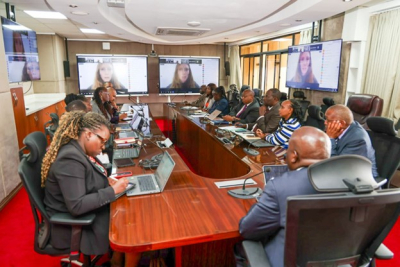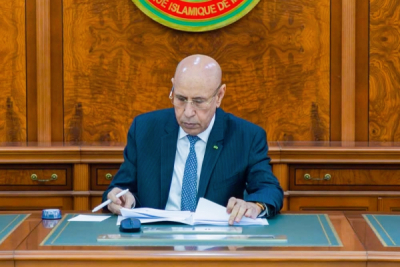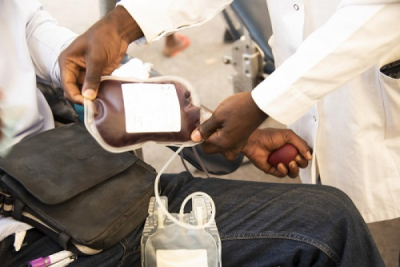Africa has been progressing steadily in its digital transformation, driven by increased mobile internet usage, fintech advancements, and the rise of e-commerce platforms. However, internet shutdowns disrupt these vital sectors, create uncertainty, deter potential investors, and restrict growth opportunities for startups and entrepreneurs.
Tanzania has blocked access to X, formerly known as Twitter, following the hacking of the Tanzania Police Force’s official account, according to internet watchdog NetBlocks. The social media platform became unreachable across major Tanzanian internet service providers, including Halotel, Airtel, Liquid Telecom, Habari Node, and Vodacom.
⚠️ Confirmed: Live metrics show X (formerly Twitter) has become unreachable on major internet providers in #Tanzania; the incident comes as a compromised police account posts claims the President has died, angering the country's leadership pic.twitter.com/aLbrDmvkAd
— NetBlocks (@netblocks) May 20, 2025
NetBlocks reported that the police account, which has over 470,000 followers, was compromised early Tuesday and posted false claims, including that President Samia Suluhu had died. The account even broadcast live before authorities regained control and announced they were pursuing the hackers.
This incident occurred amid heightened political tension after several East African activists and lawyers were arrested or deported while attempting to observe opposition leader Tundu Lissu’s treason trial in Tanzania. Among those detained were Kenyan activist Boniface Mwangi and Ugandan journalist Agather Atuhaire, who remain missing despite lawyers being informed they were to be deported, according to Amnesty International.
This development reflects a growing trend across Africa, where deliberate internet shutdowns have led to significant economic consequences. In 2024 alone, the continent suffered losses of approximately $1.56 billion, affecting more than 111 million users, according to Top10VPN data.
As mobile technology and internet access continue to expand, such disruptions pose a serious threat to Africa’s digital economy. They undermine communication, interrupt business operations, stall essential services, and ultimately deepen the digital divide, hindering inclusive economic growth and digital transformation efforts.
Hikmatu Bilali



















